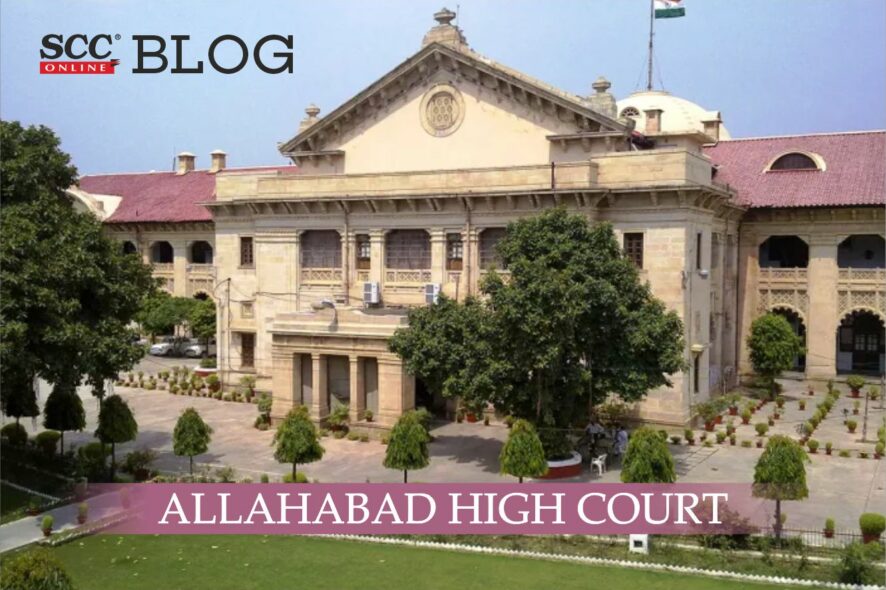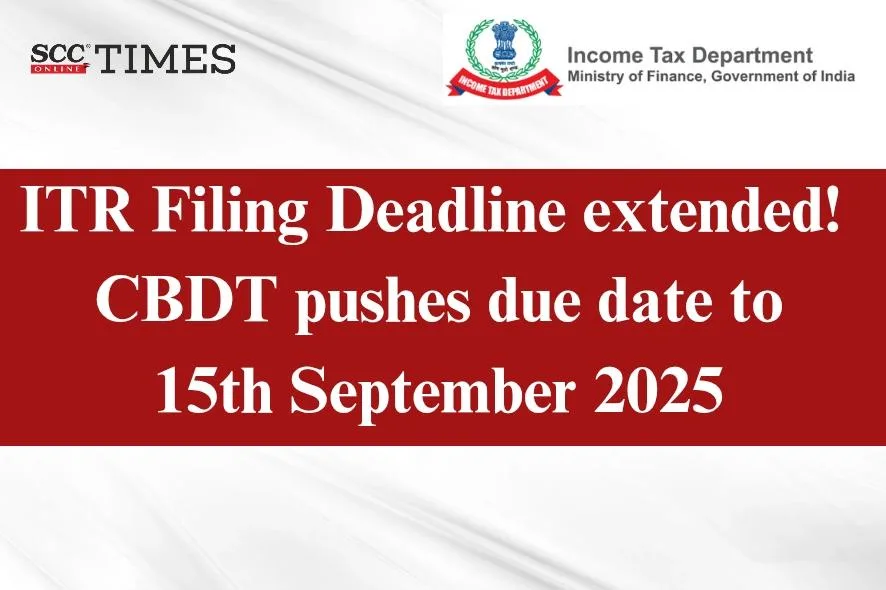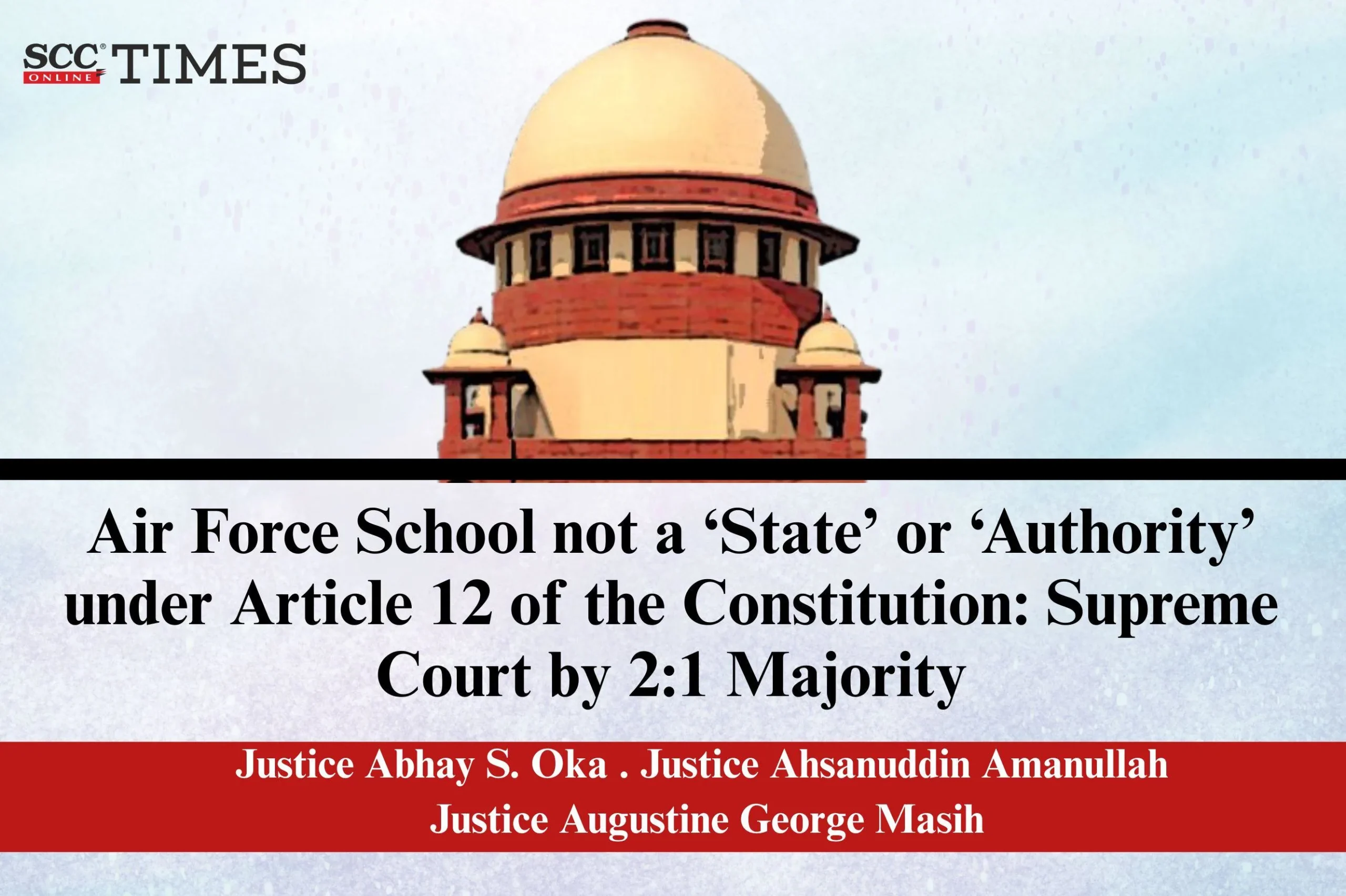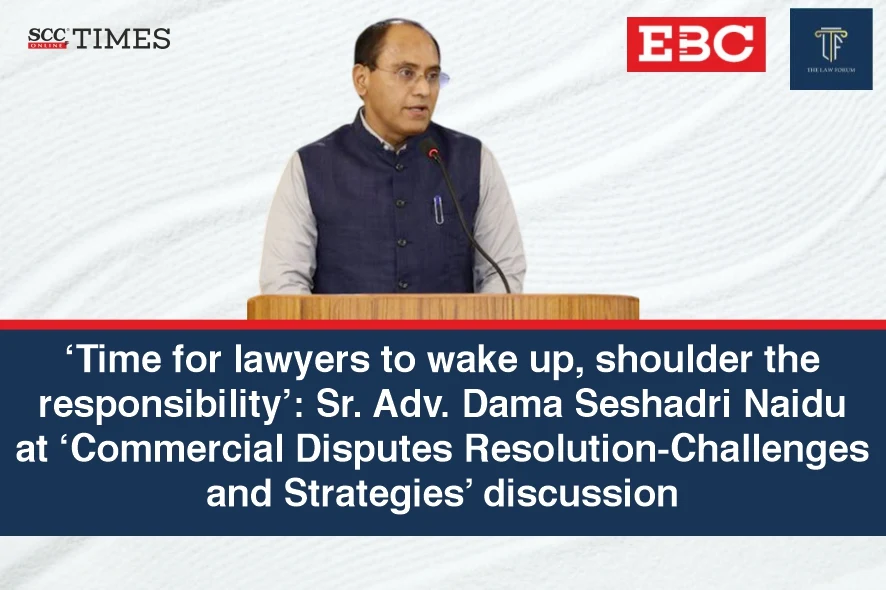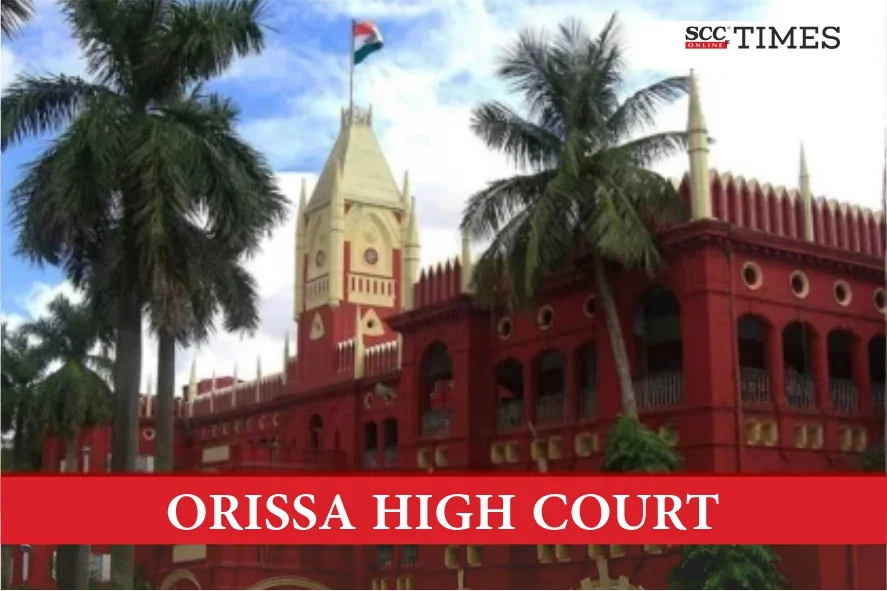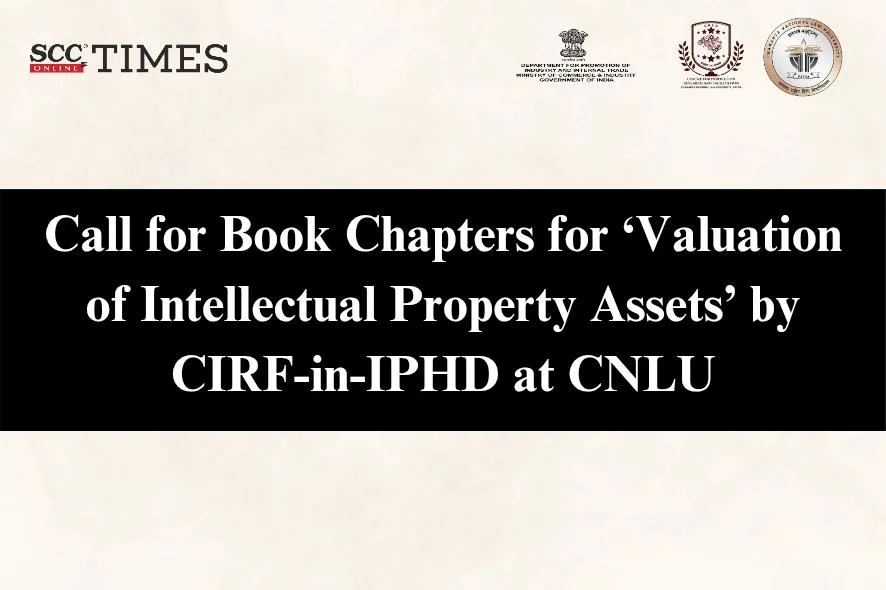Allahabad High Court: In application by Swami Chinmayanand Sarawati, former Union Minister for State, invoking extraordinary power of the Court under Section 482 of Code of Criminal Procedure (CrPC) assailing the legality and validity of the order passed by the Trial Court, whereby the Magistrate has declined to accord permission to the application under section 321 CrPC filed by the Public Prosecutor, Rahul Chaturvedi, J. upheld the rejection of the said application, and observed that Court must see that the application moved by the public prosecutor for withdrawal of the prosecution has been properly made in a good faith and in the interest of public tranquility and justice and not to just thwart or stifle process of law.
In this case the complainant, impressed by the spiritual and socio-political qualities of the applicant, developed affinity towards him and expressed her willingness and desire to turn as a ‘Sanyasini’, later she accused the applicant of establishing physical relationship with her by administering some intoxicants in her food and taking her obscene audio-visual videos and porn photographs. Moreover, during that time she was impregnated twice and was aborted. Thus, she accused the applicant under Sections 376 and 506 of the Penal Code.
The Court observed that the applicant by means of application under Section 482, had challenged the charge sheet as well the summoning order, and as soon as the said Section 482 application was rejected, an Under Secretary of the U.P Government wrote a letter to the District Magistrate (DM), whereby directing the Public Prosecutor to withdraw the prosecution against the applicant in the larger interest of public and the interest of justice.
The Court observed that the application given by the public prosecutor in the court of the Chief Judicial Magistrate clearly shows his non-application of mind and that he has applied an independent mind, and this is simply a farce hoax and mirage to cover up the mandatory requirement of the law, that the public prosecutor shall apply his judicial mind while filing application under section 321 CrPC. It was also viewed that this is the biggest misfortune, anomaly, ridiculousness and absurdity on the part of the public prosecutor dancing to the tune of the State Government, conveniently rushed to the court concerned within three days from receipt of the letter of the DM
The Court observed that any crime is said to be committed not against just any individual but against the entire society. Since the entire society is endangered by the offence of an accused, and the entire society cannot practically sue the accused, the State arrogates power and responsibility to initiate prosecution against the offender. Further, Section 321 CrPC enables the public prosecutor to withdraw from prosecution any person in respect of the offences for which he is tried, with the consent of the Court wherein he or she thinks that such withdrawal will lead to a larger public interest.
The Court referred to the ruling in Sheonandan Paswan v. State of Bihar, (1987) 1 SCC 288, wherein it was held “that the withdrawal should be in the interest of administration of justice, and it is the duty of the court to see that the public prosecutor applies his free mind and not just act as mere mechanical agent of the State Government”.
The Court while examining what constitutes public interest, viewed that an exhaustive definition of the public interest is difficult to prepare, however, it can be evaluated in the light of the facts and circumstances of the case. Further, if the public prosecutor concludes that the prosecution should be withdrawn, then it is incumbent upon him to apply in the court with adequate and tangible reasons spelled out in the application. Moreover, if he defers from the decision of the State Government and concludes that the case ought not to be withdrawn, then he has got two options:
(a) Either to ask the State Government to relieve him from a particular case, or least he shall have to resign.
(b) To forward the application by giving his own reasoning with the considered opinion that such application is not sustainable on the ground set out by him in the application.
The Court further observed that a public prosecutor is not supposed to dance to the tune of the State Government, nor he is supposed to act as a post office or act under the dictate and command of the State Government and he must act objectively as he is also an officer of the Court. Further, the Court is also free to assess, whether a prima facie case is made out or not and if the Court is satisfied then after assigning a reason, it can reject the same, but it cannot be said that the public prosecutor’s action will be illegal, if he receives a communication/instruction from the State Government.
The Court further took note of the rulings in Subhash Chander v. State (Chandigarh Admn.), (1980) 2 SCC 155, Abdul Karim v. State of Karnataka, (2000) 8 SCC 710, wherein it was held that “an application under section 321 CrPC could not be allowed only on the ground that the State Government has taken a decision for withdrawing the prosecution and such an order could not be passed after examining facts and circumstances of the case”, thus, observed that the Court must see as to whether the application has been made in good faith and in the interest of public policy and justice and not to thwart or stifle the process of law. Further, the Court, after considering the facts and circumstances of each case, must see whether the application suffers from improprieties or illegalities as would cause a manifest injustice, if consent was given.
The Court further cited Rajender Kumar Jain v. State, (1980) 3 SCC 435, wherein it was held that it shall be duty of the public prosecutor to inform the grounds for withdrawal to the Court, and it shall be duty of the Court to authorize a search of the reason, which prompt the public prosecutor to withdraw from the prosecution as both have a duty to protect the administration of criminal justice against possible abuse or misuse by the Executive by resort to the provisions of Section 321 CrPC.
The Court also observed that before instructing a public prosecutor for withdrawal from the prosecution, the State Government should also consider the matter carefully.
Thus, the Court viewed that the Under Secretary while issuing the impugned letter to the DM has not spelled out a single good reason for the alleged withdrawal of the prosecution against the applicant.
Further, placing reliance on the decision in State of Kerala v. K. Ajit [Criminal Appeal No. 698 of 2021 decided on 28th July 2021, Aishwarya Chaudhary v. State of Uttar Pradesh (Application 482 No. 44691 of 2018 decided on 15.05.2019, Abdul Kareem (supra) and Rahul Agarwal v. Rakesh Jain, (2005) 2 SCC 377, it was observed that there is no quarrel to the legal preposition that under section 321 CrPC the consent of the Court connotes a supervisory and not adjudicatory manner, and the Court must see that the application moved by the public prosecutor for withdrawal of the prosecution has been properly made in a good faith and in the interest of public tranquility and justice and not to just thwart or stifle process of law. Further, normally the courts cannot question the decision of the public prosecutor under this Section unless it concludes that the public prosecutor has not applied his mind, or his decision is biased, coloured, tainted or motivated one and not sub-serving the public policy and the court has a special duty in this regard as it is an ultimate depository of legislative confidence in granting its consent to withdraw from the prosecution.
However, the Court considered the applicant’s old age and medical problems, and on humanitarian approach viewed that, if the applicant surrenders before the Magistrate on or before 30th October 2022 and applies for bail, his bail application shall be adjudicated and decided strictly in accordance with law and till the said date from today, no coercive action shall be taken against the applicant in the case.
[Swami Chinmayanand Saraswati v. State of UP, 2022 SCC OnLine All 670, decided on 30.09.22]
Advocates who appeared in this case:
Counsel for Applicant: – Advocate Rajrshi Gupta
Advocate Dileep Kumar
Advocate Manish Singh
Advocate Raj Kumar Singh Chauhan
Counsel for Opposite Party: – Advocate Anurag Kumar Pandey
Advocate Rafat Raza Khan
Advocate Sundeep Shukla
Advocate Veerendra Kumar Shukla


